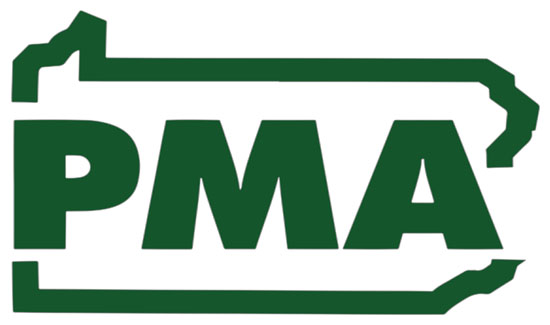In Competition for Jobs & Growth Pennsylvania Must Start Now

(This article first appeared at www.broadandliberty.com)
The bad news is that Pennsylvania’s chronic economic underperformance has robbed us of the prosperity we should be enjoying. The good news is we can set things right if our leaders in Harrisburg embrace a pro-growth, pro-production, pro-jobs agenda — and stick to it.
Year after year, decade after decade, Pennsylvania’s economy grows slower than the national average. Faster-developing states have benefited from greater private-sector investment, leading to more and better jobs, more residents, and a growing local tax base. In contrast, Pennsylvania’s state budget has a structural deficit caused by too few working-age residents to pay for the needs of our growing population of retirees. Our failure to keep pace has diminished Pennsylvania’s representation in the U.S. House every decade for more than half a century.
Why is this happening? Pennsylvania has all the elements necessary to be an economic powerhouse. We have a key geographic location giving us prime access to markets in the Mid Atlantic, Midwest, and Southeast regions of the country, along with the New York metro area and New England. We have abundant natural resources, including massive amounts of energy and nearly unlimited fresh water. Pennsylvania is home to some of America’s best institutions of higher education and largest financial entities. We also have a tradition of pride in our work that makes us Pennsylvanians the most dedicated employees anyone could ask for.
In a free country with a free economy, private investment is a choice. The Commonwealth can’t compel any organization to locate, operate, hire, or expand here. Ultimately, our policymakers in Harrisburg must choose to make Pennsylvania a smart business decision for both employers and employees. Absent that, we will continue to watch the world pass us by.
For too long, our state government has spent money faster than us taxpayers could earn it, suffocating potential growth. That overspending has locked in place Pennsylvania’s very high business tax rates, further restricting our appeal to investors. Fortunately, we may have reached a turning point, as the 2022-23 General Fund budget includes a path to phase down our punishing 9.99% Corporate Net Income Tax (CNIT).
Starting January 1, 2023, Pennsylvania’s CNIT will fall to 8.99% — still higher than most of our competing states and well above the national average. However, another half of a percent is set to be deducted each year until the CNIT reaches a more reasonable 4.99% in 2031. For decades, the “sticker shock” of our CNIT rate has scared off investors, but by sticking to the CNIT phase-down plan, we can signal to the country that Pennsylvania is open for business again.
The long climb to business tax competitiveness has begun, although the promised CNIT phase-down will have to be defended tenaciously in each upcoming budget. The longer the phase-down continues without interruption, the likelier it will be that we will reach a destination of economic prosperity.
Because competitiveness is multifaceted, our Pennsylvania policymakers will have to work on issues beyond taxes and spending, including fighting lawsuit abuse and reducing the regulatory burden. The world does not stand still, so we must benchmark Pennsylvania against our highest-performing competitors. Being slightly better than New York and New Jersey isn’t good enough.
For the moment, let’s appreciate this promising new start and resolve to keep fighting until Pennsylvania has reclaimed its former glory as a national economic leader.
David N. Taylor is the President & CEO of the Pennsylvania Manufacturers’ Association, a nonprofit statewide trade organization representing the manufacturing sector in PA’s public policy process.





